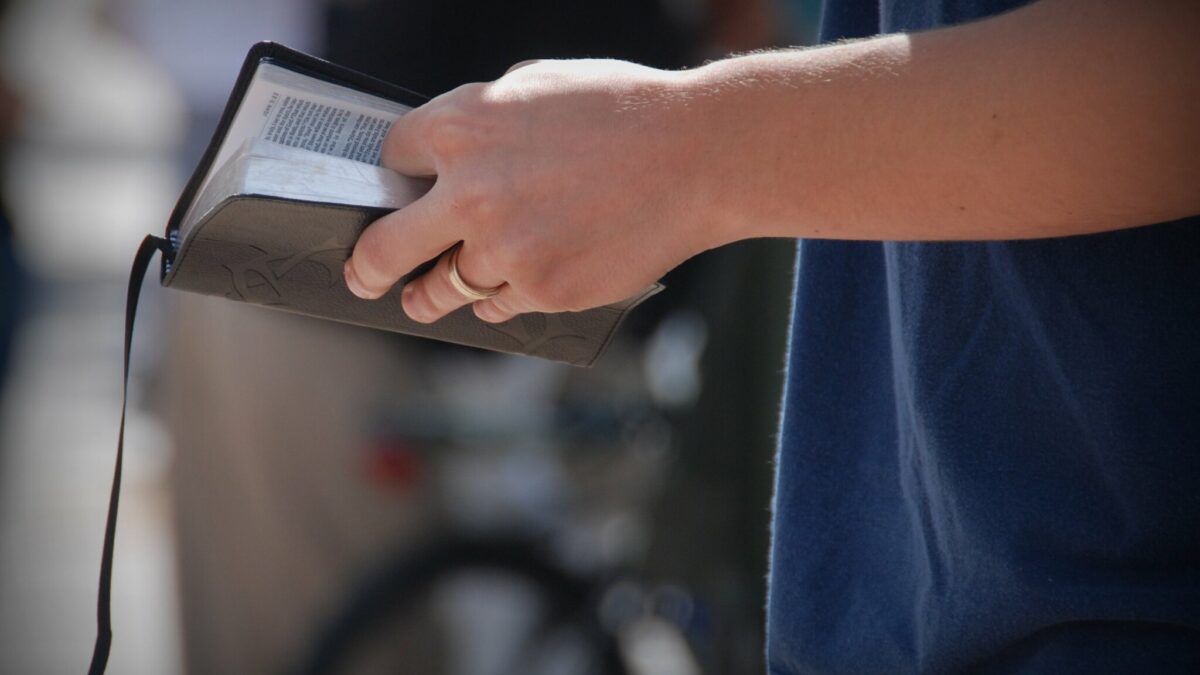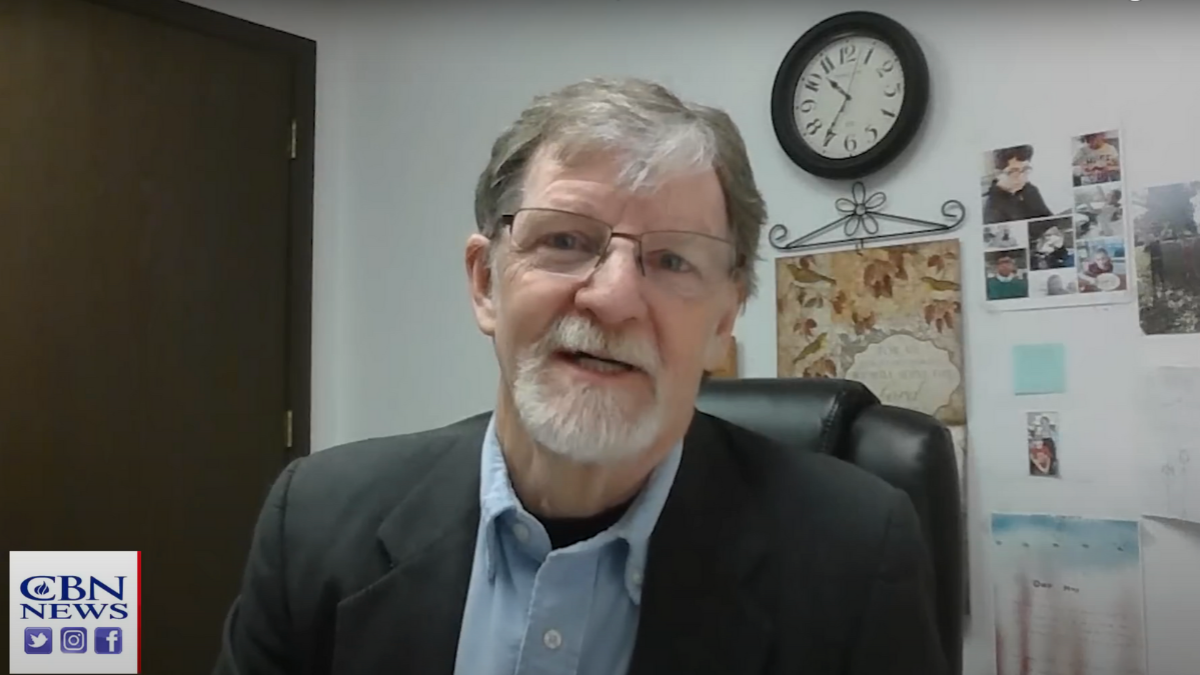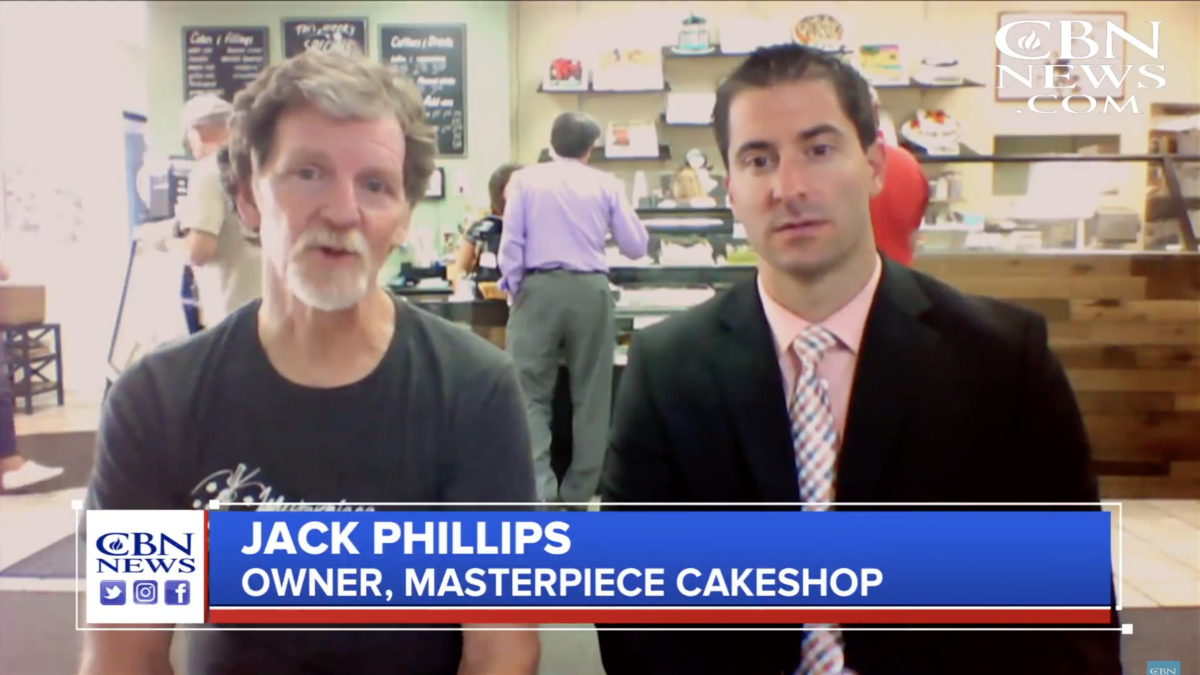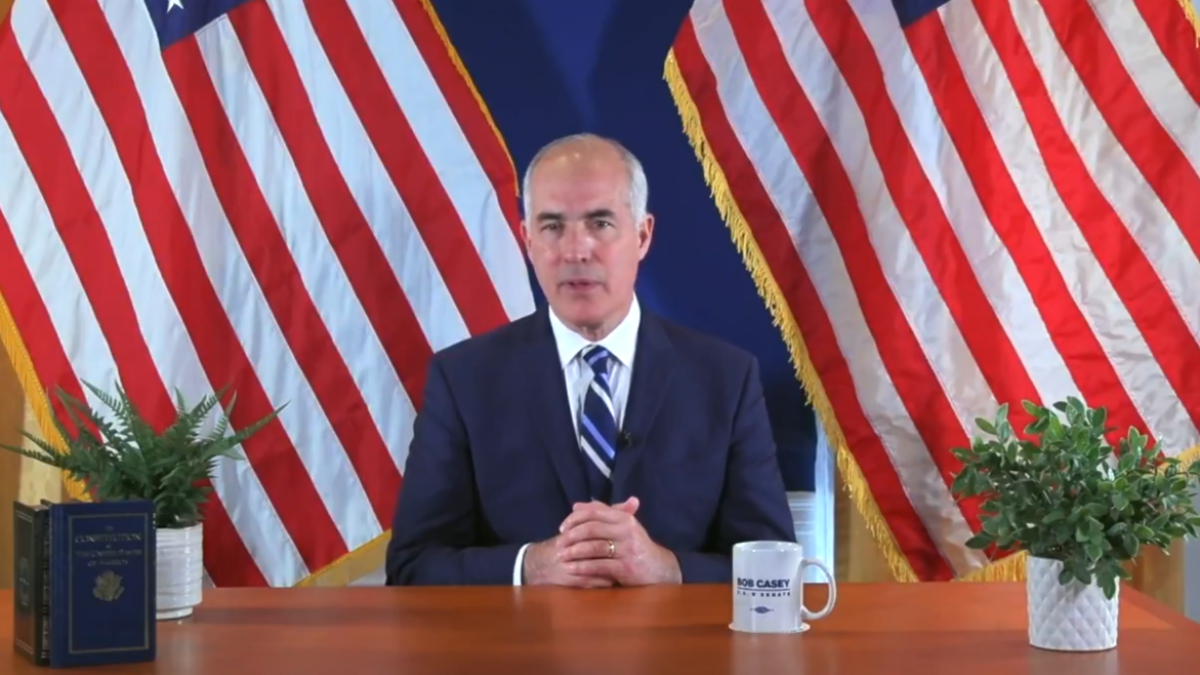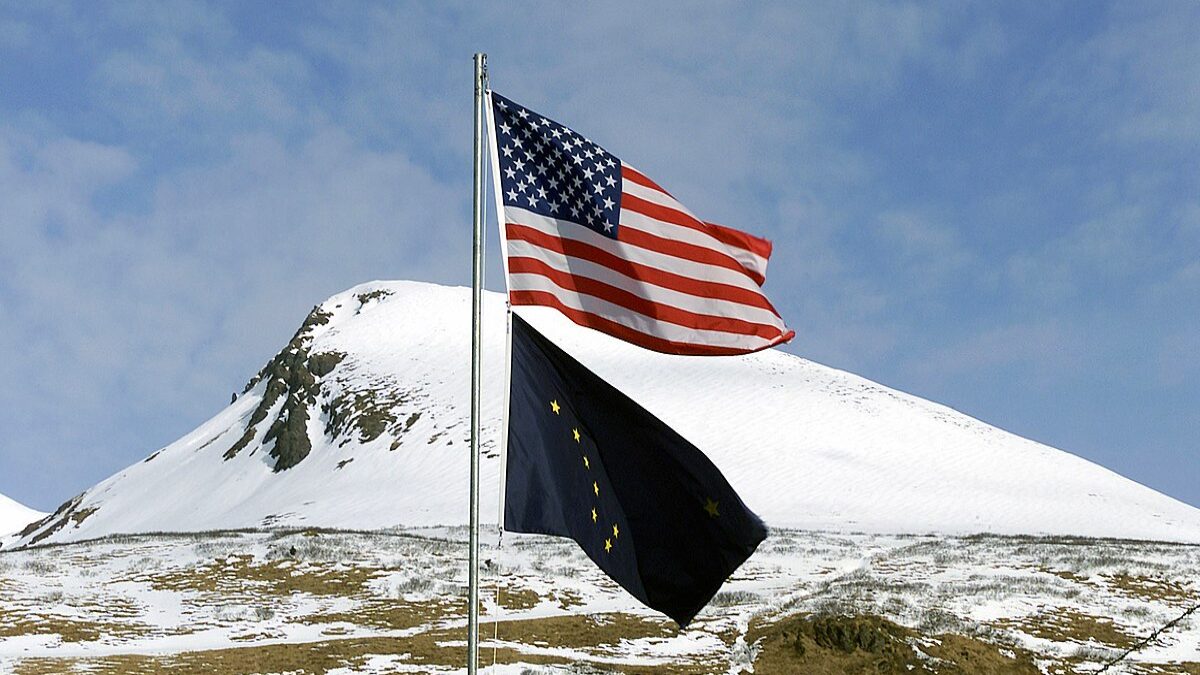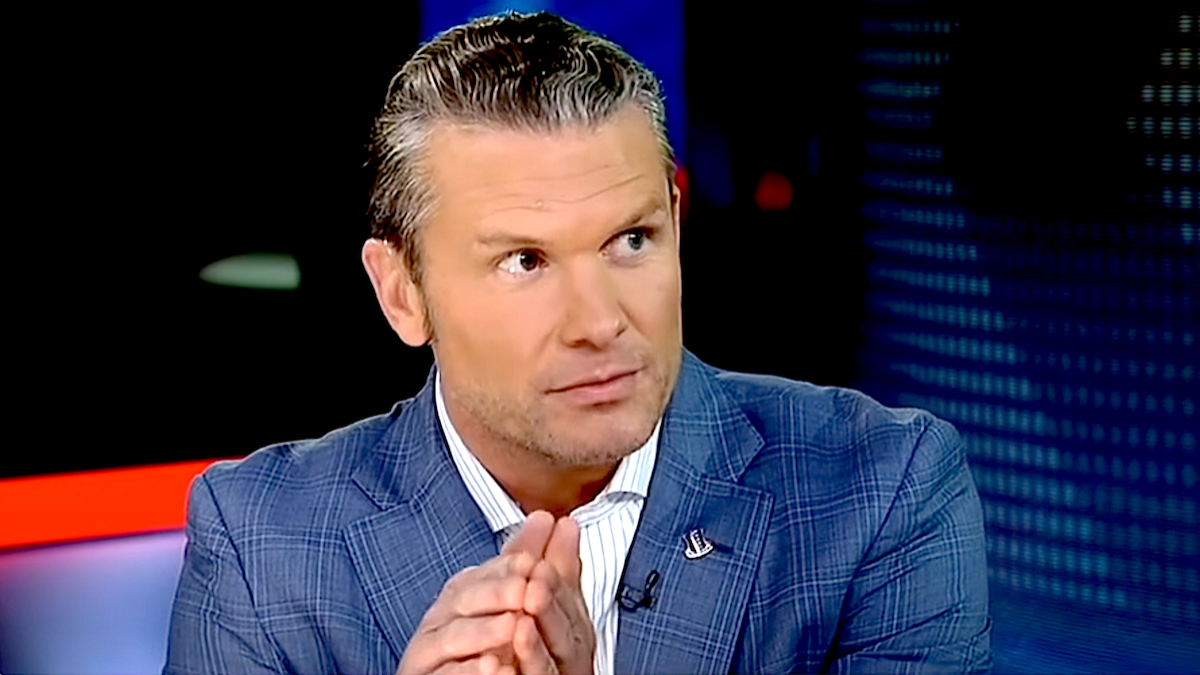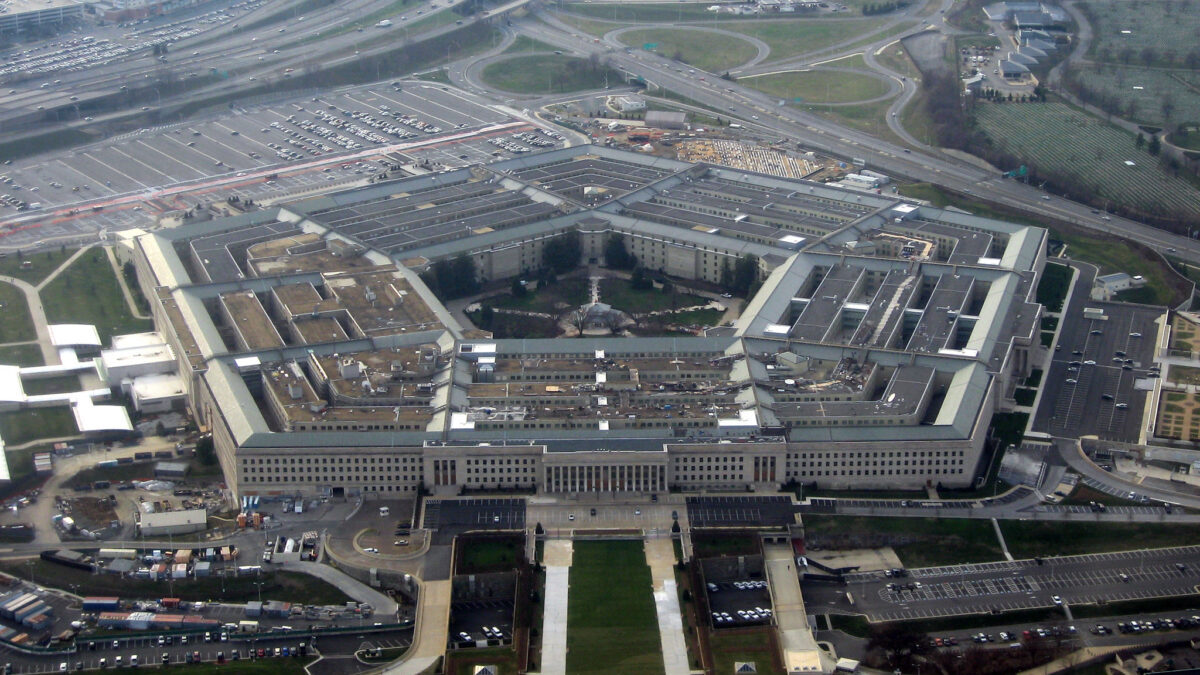
On December 5, the Supreme Court will hear an important religious liberty case that, at its core, raises the following question: Whether the government may use its monopoly on force to require any person to participate in a ceremony purporting to wed two people with same-sex attraction, even if that person cannot, for sincere religious reasons, recognize a same-sex union as marital.
Of course, if one’s exposure to the case was limited to the popular media, you might think this case was only about the free-speech rights of wedding-cake makers. To be sure, the question of whether government can force any person to make a certain form of artistic expression is important and part of this case. Indeed, the lead argument made in favor of Masterpiece Cakeshop is the owner’s freedom of speech.
But Masterpiece Cakeshop Ltd. v. Colorado Civil Rights Commission is, fundamentally, about religious liberty. The cake maker’s refusal to bake a cake for a ceremony purporting to wed two people with same-sex attraction stems from the cake maker’s religious principles. As in other cases involving photographers and florists, the core conflict here is whether civil society permits those who are compelled by “decent and honorable religious or philosophical premises,” as the Supreme Court said in Obergefell v. Hodges, to exercise those premises. In other words, can those who disagree with cultural progressivism’s dominant positions freely exercise religion?
How Far We’ve Come from Guarding Freedom
That the government could bestow a right on some Americans to force their fellow citizens to violate their conscience—and that a legal challenge to such an effort would be primarily considered to raise a free speech question, rather than a free exercise question—evinces the extent to which we have strayed from the Founders’ understanding of religion’s role in creating and sustaining a free society.
The amicus brief submitted by the Claremont Institute’s Center for Constitutional Jurisprudence details why the First Amendment’s guarantee of the free exercise of religion is for each person to pursue the duties he owes the Creator. The government cannot “prohibit” the free exercise of religion because the rights and duties we possess as free men exist prior to government. As the Declaration of Independence confirms, our government was formed to safeguard those rights and in light of those duties. Logically, the government’s temporal power cannot prohibit them and still be within its proper realm.
As James Madison put it in his “Memorial and Remonstrance,” man’s religious “dut[ies] [are] precedent both in order of time and in degree of obligation, to the claims of Civil Society,” and, therefore, “in matters of Religion, no man’s right is abridged by the institution of Civil Society, and that Religion is wholly exempt from its cognizance.” Refusing to exempt citizens from civil laws on religious grounds would be to give some citizens state power over other humans’ souls. Such a view cannot be reconciled with the founding—or any tenable understanding of limited government.
Deciding the State’s Sway Over Your Soul
Alas, thanks in large measure to some Supreme Court decisions (including one by Justice Scalia from 1990 called Employment Division v. Smith), civil society need no longer recognize religious exercise’s unique contribution to ordered liberty. If a majority of citizens restrict religious exercise in a “neutral” and “generally applicable” way (i.e., the majority is savvy enough to target religious dissenters by appealing to other enticing values, rather than singling them out), then the Supreme Court says religious exercise exists only at the majority’s mercy.
Now, with the rise of “anti-discrimination” laws that are interpreted to force Americans to validate certain lifestyle choices, rather than prohibit invidious distinctions against immutable characteristics, progressives have all the tools they need to let the state decide when you stand at peril of your soul.
If the Supreme Court approves of using these tools together in Masterpiece Cakeshop, Abraham Lincoln’s admonition against accepting the legitimacy of the Dred Scott decision will prove its prescience: “[T]he policy of Government upon vital questions affecting the whole people” will have been “irrevocably fixed by decisions of the Supreme Court . . . [and] the people will have ceased to be their own rulers.”
Properly understood, the free exercise of religion ensures the sovereignty of the soul—an inherent limit on government power—and a vibrant, diverse public square. The threads that are left of this proper understanding are at stake in Masterpiece Cakeshop. Hopefully, the Supreme Court will preserve them. In any event, we must.



